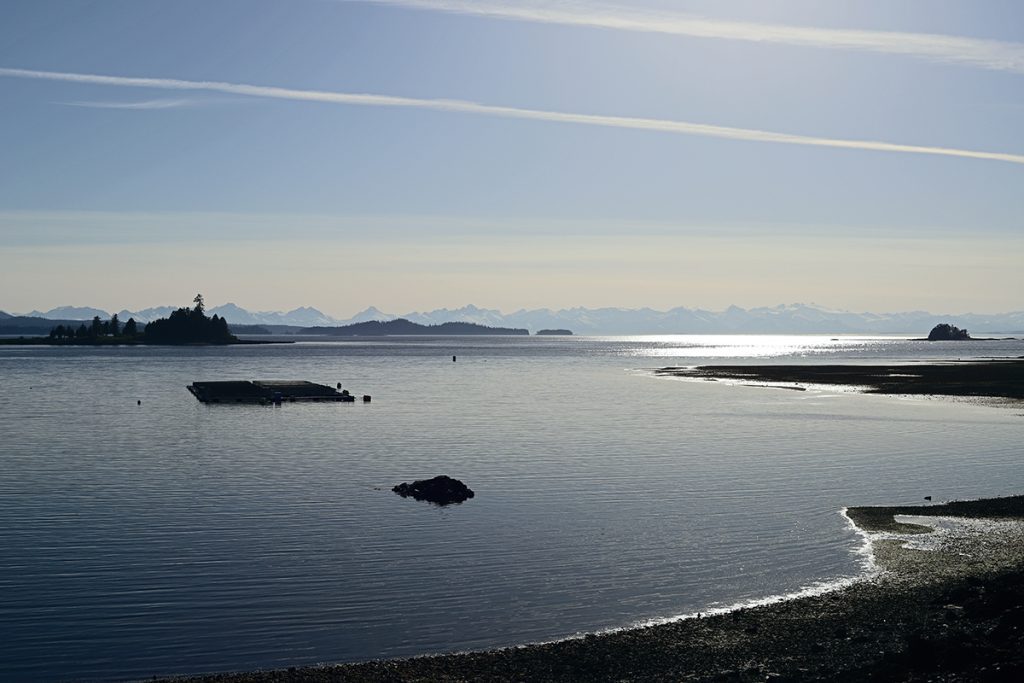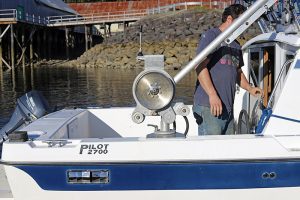
The State of Alaska is using taxpayer dollars to sue a federal agency for granting the Organized Village of Kake (OVK) a life-saving emergency subsistence hunt during a time of global food chain supply issues and intense food scarcity due to the COVID-19 pandemic. OVK holds nation-to-nation status with the U.S. federal government and has existed for thousands of years prior to the formation of the State of Alaska. For millennia, the Tlingit people of Kake have hunted, fished, and gathered food from the seas and lands surrounding their island home in what we now call southeast Alaska.

Today, subsistence hunting, fishing, and gathering remain a reliable way for the OVK tribal government to ensure everyone eats. Accessible only by water plane or ferry and surrounded by the breathtaking Tongass National Forest on three sides, the people of Kake live a subsistence way of life. Jobs are few and the cost of commercially produced food runs very high. Commercial food arrives by ferry or seaplane only during times of the year when weather permits. The town has no mega-grocery store and food delivery is not an option.
Beyond need, the Tlingit people and culture of the OVK remain connected to traditional foods gathered through subsistence hunting, fishing, and gathering. The land and sea continue to provide for those who know how to hunt, fish, and gather, and the community remains connected to traditional foods and their subsistence way of life.
What has changed is that now most Tlingit hunting and fishing grounds are designated as being owned and managed by the United States government. That is why, during the COVID-19 pandemic, Alaska Native tribal governments negotiated with the Federal Subsistence Board (FSB) to request an emergency hunt to avoid food shortages.
COVID-19 impacted Kake’s transportation channels as the first ferries of spring normally would begin to arrive. Like the rest of the planet, everything in Kake shut down. To ensure everyone could eat in spite of COVID-19 disruptions, tribal leaders requested an emergency subsistence hunt, which FSB granted. Instead of assisting the Village of Kake in its time of need, the State of Alaska filed a lawsuit against the FSB for authorizing the emergency subsistence hunt.
The OVK sought help from the Native American Rights Fund (NARF) to defend their right to continue their subsistence way of life and to work nation-to-nation with the federal government to address food-security concerns. “It is an honor working with the Organized Village of Kake to protect the federal-tribal mechanism of a subsistence hunt,” said NARF Staff Attorney Matthew Newman.

Read More: Organized Village of Kake Defends Sovereignty in Alaska v. Federal Subsistence Board
More blog posts

